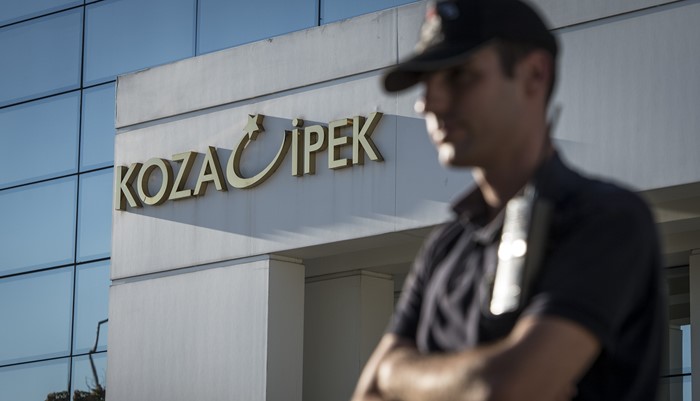Turkish President Recep Tayyip Erdoğan has been pressuring Turkey’s Savings Deposit Insurance Fund (TMSF) into selling some 700 companies seized by the Justice and Development Party (AKP) government over alleged links to the Gülen movement following a coup attempt in 2016, the TR724 news website reported on Tuesday, citing a source close to AKP bureaucrats.
Ankara deems the faith-based movement inspired by Muslim preacher Fethullah Gülen a terrorist organization and accuses it of masterminding the coup attempt. Gülen and the movement strongly deny involvement in the abortive putsch or any terrorist activity.
Following the failed coup, the AKP government launched a massive purge targeting real and alleged members of the movement under the pretext of an anti-coup fight, removing over 130,000 people from civil service jobs.
The AKP also seized schools, universities, media outlets, companies and their buildings and the assets of individuals, corporations and organizations that were believed to have had ties to the movement.
Among the major conglomerates the TMSF has taken over are Dumankaya, Boydak Holding, the Koza Ipek Group and Kaynak Holding, TR724 said, adding that Boydak Holding and the Koza Ipek Group – which have a market value of $5-7 billion and $4 billion, respectively – are likely to be the first ones to be sold at well below market value and most probably to a foreign company.
TR724 added that businessmen close to the ruling AKP had also been pressured into buying these companies before the elections scheduled for June 2023 since the country’s economic woes are taking a toll even on supporters of the AKP, with 40.7 percent of AKP voters saying their income is inadequate to cover their expenses, according to a recent survey conducted by İstanbul Economic Research.
According to TR724, a new unit was formed within the government to carry out the sale of some 700 companies that were seized during the post-coup purge and are currently run by trustees appointed to replace their board of directors, and it is chaired by an economics adviser to Erdoğan.
The unit, which conducted multiple meetings on the issue within the past month, had prepared a list of companies planned to be sold first and then repeatedly phoned the TMSF chairman and other board members, asking them to make the necessary preparations to sell the companies taken over by the fund as soon as possible, emphasizing that the process would be closely followed by Erdoğan.
The market value of the approximately 700 companies taken over by the TMSF following the failed coup attempt is estimated to be between TL 60 billion ($4 billion) and TL 80 billion ($5.4 billion) in total, TR724 said, adding that the move to sell them was an attempt by the government to help ease the country’s economic problems.
Early in 2022 the TMSF sold Naksan Holding, once one of Turkey’s largest corporations before it was seized by Erdoğan’s government in 2016, to Ankara-based Yapıen Construction for $92 million, a figure corresponding to the five-year average profit of the holding, which earned TL 197 million ($13.3 million) in 2019 even after it had been transferred to the fund.
A staggeringly high cost of living has become the new normal in Turkey, where recent increases in food and utility prices are pushing up inflation, further crippling the purchasing power of citizens.
In March consumer prices accelerated to 61.14 percent at an annual rate, up from 54.4 percent in February.
The prices of basic food products such as soft Turkish flatbread, traditionally consumed by Turks during the holy month of Ramadan, meat and sugar have recently increased.
Turkey imports almost all of its energy, leaving it vulnerable to big price swings. Energy costs started rising in September and surged 212 percent year-on-year in the first two months of 2022 to $16.8 billion.
The weakening lira and the rising cost of living have become major sources of public discontent in Turkey as Erdoğan faces an election next year.
In the last general election, held in June 2018, the AKP garnered a nationwide vote of 42.6 percent. However, public surveys have increasingly been showing the party’s public support to be slipping.

